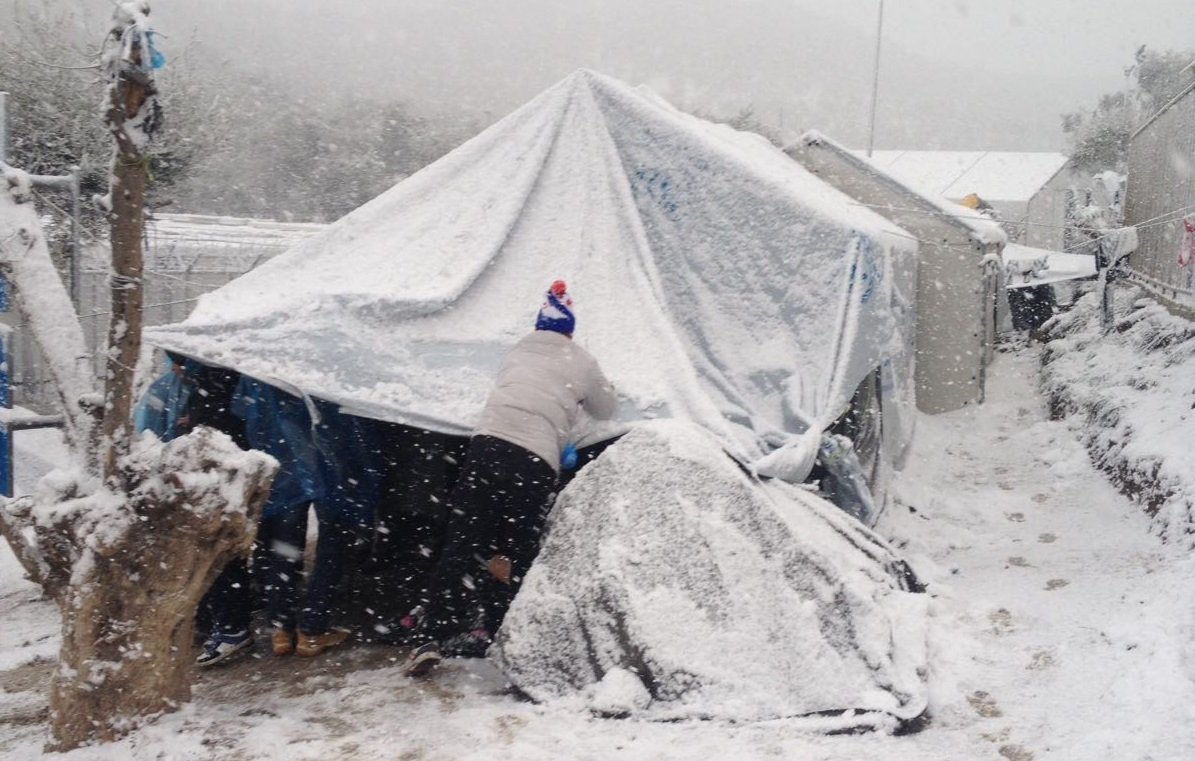Fin de la guerre de tranchées entre Britanniques et l’UE à l’ONU
(BRUXELLES2) Les 27 ont finalement trouvé un accord pour assurer la représentation extérieure de l'UE dans les instances internationales et répondre au "problème" posé par les Britanniques. . Accord approuvé par les ministres des Affaires européennes, réunis exceptionnellement samedi (22 octobre) pour préparer le sommet européen consacré à la crise économique. Lire : Le Royaume-Uni bloque l’UE à l’ONU
Les termes de l'accord sont les suivants (texte en anglais)
- The EU can only make a statement in those cases where it is competent and there is a position which has been agreed in accordance with the relevant Treaty provisions.
- External representation and internal coordination does not affect the distribution of competences under the Treaties nor can it be invoked to claim new forms of competences.
- Member States and EU actors will coordinate their action in international organisations to the fullest extent possible as set out in the Treaties.
- The EU actors and the Member States will ensure the fullest possible transparency by ensuring that there is adequate and timely prior consultation on statements reflecting EU positions to be made in multilateral organisations.
- Member States agree on a case by case basis whether and how to co-ordinate and be represented externally. The Member States may request EU actors or a Member State, notably the Member State holding the rotating Presidency of the Council, to do so on their behalf.
- Member States will seek to ensure and promote possibilities for the EU actors to deliver statements on behalf of the EU.
- Member States may complement statements made on behalf of the EU whilst respecting the principle of sincere cooperation.
- EU representation will be exercised from behind an EU nameplate unless prevented by the rules of procedure of the forum in question.
- EU actors will conduct local coordination and deliver statements on behalf of the EU unless prevented by the rules of procedure of the forum concerned (default setting). Where practical arrangements such as those at the World Trade Organisation, at the Food and Agricultural Organisation and in burden sharing exist for coordination and/or representation, such arrangements will be implemented for the preparation and delivery of the statement on behalf of the EU from behind the EU nameplate.
Les déclarations respecteront ainsi les marques suivantes "au nom de l'Union européenne" ou "au nom de l'UE et de ses Etats membres" "au nom des Etats membres" selon les domaines :
-
Should the statement refer exclusively to actions undertaken by or responsibilities of the EU in the subject matter concerned including in the CFSP, it will be prefaced by “on behalf of the European Union”.
-
Should the statement express a position common to the European Union and its Member States, pursuant to the principle of unity of representation, it will be prefaced by “on behalf of the EU and its Member States”. The introduction "on behalf of the EU and its Member States" does not preclude references to “the EU" or to "the Member States of the EU" later in the text, where such reference accurately reflects the factual situation.
Should the Member States agree to collective representation by an EU actor of issues relating to the exercise of national competences, the statement will be prefaced by “on behalf of the Member States. The introduction "on behalf of the Member States" does not preclude references to the "EU" later in the text, where such reference accurately reflects the factual situation.
L'adoption de cet agrément ne signifie pas une redistribution des compétences ou des pouvoirs des institutions tels qu'ils sont définis par les Traités, a pris soin de préciser la note. Et le termes "acteurs de l'UE" peut signifier, selon le cas, le Président du Conseil européen, la Commission, le Haut représentant ou les délégations de l'UE.
